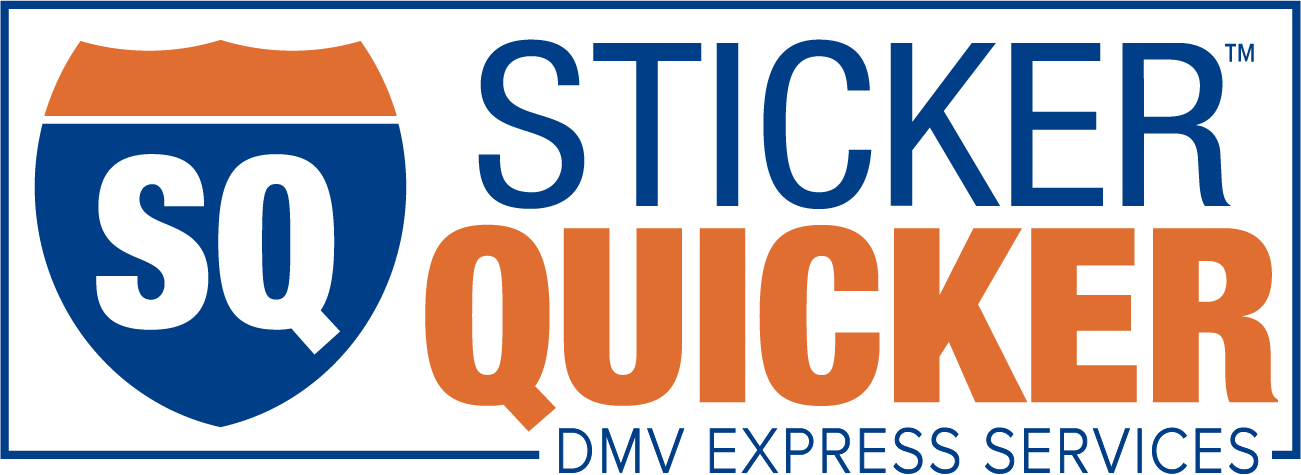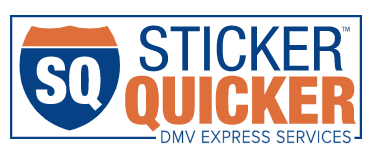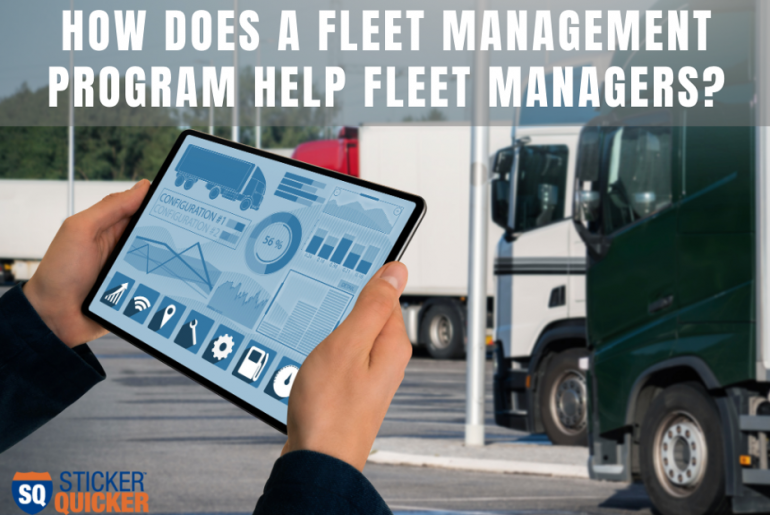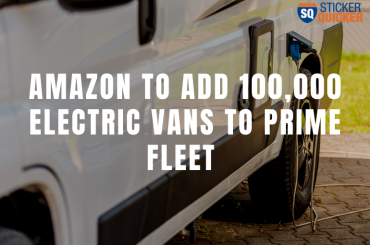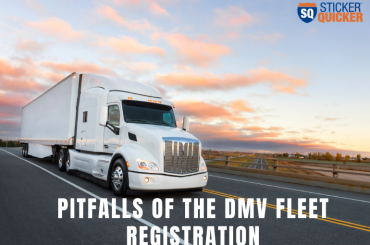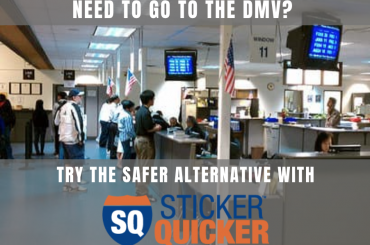Any business that requires commercial vehicles to operate engages in fleet management and fleet operations in one way or the other. Fleet management involves overseeing all fleet maintenance and fleet performance to ensure maximum productivity. It helps businesses run as seamlessly as possible.
A fleet manager takes care of these fleet operations. They have to deal with responsibilities like vehicle maintenance, overseeing fuel costs and fuel consumption, asset utilization, driver management, route planning, and implementing a fleet management program to decrease waste and increase productivity.
What is a Fleet Management Program?
A Fleet Management Program provides fleet managers with relevant information regarding their vehicles fleet’s performance at the convenience of their fingertips. In other words, it’s a detailed database with various applications that allow the reporting and recording of the significant attributes that drive down costs and improve efficiencies.
Challenges
Managing a large number of vehicles is a challenge in itself. Moreover, external influences that the fleet manager has no control over, like car market uncertainty, spiraling costs, and legislation changes, add to it, and make the task more overwhelming. A good fleet management program can significantly help with fleet management activities. Here are some common challenges a fleet manager faces and how a fleet management program can quickly and effectively deal with them.
Driver Safety
A big challenge for fleet managers or fleet companies is ensuring safe driver behavior. It is particularly hard since fleet managers are generally miles away from moving fleet vehicles. Fortunately, a fleet management program has many helpful tools they can utilize, such as vehicle tracking systems or dash cams. This way, they can get real-time visibility of remote vehicles and have materials or evidence for driver training programs.
In case of an accident, a fleet management program can provide robust and quick reporting procedures. Drivers can efficiently deal with the scenario by following the insurance reporting procedures properly. It will ensure that claims are handled immediately, and the necessary repair work is carried out as soon as possible. A fleet management program can also help fleet managers ensure that each driver’s training records are updated to reduce the risk of any accidents happening in the first place.
Fleet Tracking
Knowing exactly where every vehicle in the fleet is at any given time is crucial for driver safety. While this may seem fairly straightforward, tracking vehicles’ location can be challenging whether the fleet has five vehicles or five thousand. A fleet management program provides fleet managers with GPS technology and other vehicle tracking systems to know where each vehicle is and get improved visibility into vehicle safety and fleet operations
Driver Retention
The shortage of drivers is a significant problem in many industries. Increasing and stabilizing driver retention is an important aspect of fleet management. With things like fleet tracking, managers can build a stronger trust with their drivers. It will ensure the drivers are satisfied at work.
ELD (Electronic Logging Device) Compliance
The Electronic Logging Device mandate requires commercial vehicle services to record HOS (Hours of Service) electronically. It intends to take the place of paper logging and decrease dangerous driving instances by fatigued drivers. ELD compliant fleet management programs can provide fleet managers with accurate drive time recording.
Overall Cost Reduction
A major cost-saving challenge for fleet managers is constantly increasing fuel prices. External things that influence fuel costs and fluctuations are something the fleet manager cannot control. However, a fleet management program provides many other options that help reduce fuel costs and consumption.
Whether it is reducing operating costs or fuel management, a fleet manager’s job is to determine and eliminate unnecessary extra expenses to ensure more efficient and cost-friendly fleet operations. Maintenance, operational, and fuel costs can rapidly add up. The fleet manager can utilize cost-saving solutions, such as asset tracking or fuel-efficiency programs, to improve its productivity.
They can also conduct a cost-benefit analysis of the various fuel options to determine the most suitable fleet vehicles. They should consider the higher costs of plug-in hybrid and electric vehicles against performance and lower running costs to assess the overall benefits and suitability. Choosing a fuel card with the best value deal according to the specific needs is paramount to a fleet. Moreover, a fleet management program can play its role by remotely recording driver behavior to help fleet managers figure out how it impacts fuel management. Vehicle tracking can also help them determine the cheapest routes.
Vehicle acquisition
The fleet manager’s responsibility is to evaluate any changes to legislation, determine the suitability and purpose of vehicles, and negotiate deals with manufacturers. Insurance and tax costs, fuel consumption, along with employee expectations, also need to be taken care of when choosing vehicles for the fleet. In addition, they have to consider the resell value and end of life of the vehicles, making the role all the more challenging. Budget allocations have to be met, and there is always a way to ensure more savings.
Purchasing new vehicles whenever there is a need might seem like a straightforward process. But it is crucial to forecast and understand fleet vehicle utilization to determine the best purchase strategy. A fleet management program will allow the manager to predict the type and number of vehicles required for maximum efficiency.
Vehicle Registration Renewal
There are many challenges when it comes to the vehicle registration renewal with DMV. First and foremost, going to the DMV can be a hassle. The DMV gives you little to no notification about the registration renewal process or communication when it is finally renewed. On top of that, DMV issues heavy penalties for late renewals, even if you are one day late. DMV field offices have long wait times only allow processing 3 vehicles at a time per office visit. There are Too many hurdles when trying to manage fleet registration renewals when working directly with the DMV.
This is why Sticker Quicker makes it easier. Our fully online platform permits you to:
- Manage your entire fleet from a single pane of glass.
- Check which vehicles is up for renewal each month
- Renew with the click of a button
- Download your registration card automatically
- Instantly replace stickers, license plates and registration with the click of a button
- Email or text registration copies to drivers within 3 seconds.
- Never pay an owner citation or DMV penalty
- All inventory is shipped with tracking for guarantee delivery.
Managing a vehicle fleet can be challenging, regardless of the fleet size. That is why more than 75% of fleet managers depend on a fleet management program to help take care of day-to-day operations, according to information from Government Fleet’s yearly benchmarking survey.
A fleet management program allows fleet managers to get real-time visibility of the fleet operations while improving driver satisfaction and reducing fuel usage through accurate reporting and predictive analytics. Visit stickerquicker.com or call 888-635-0143 to find out about how we can help be an add-on to fleet management software and give you another needed piece of the puzzle.
